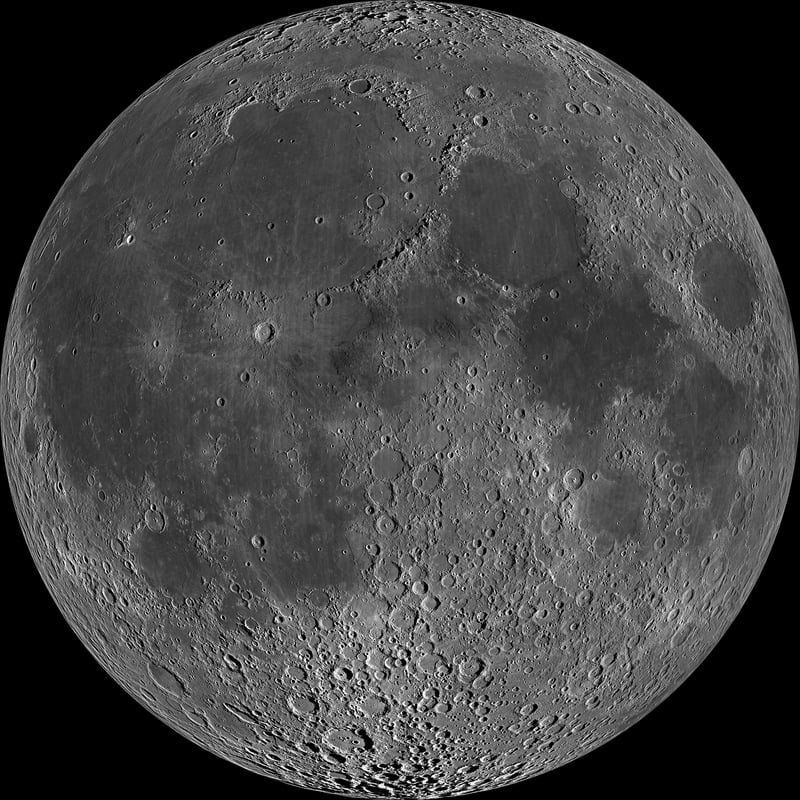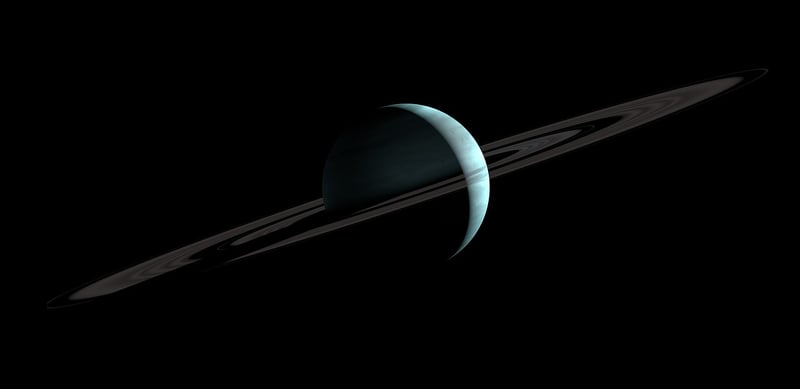Exoplanet Discovery
Exploring the Cosmos: A Journey into Exoplanet Discovery

Embark on a captivating journey through the vast expanse of the universe as we delve into the fascinating realm of exoplanet discovery. In recent years, astronomers and scientists have made groundbreaking advancements in identifying and studying exoplanets, planets that exist beyond our solar system, opening new frontiers in our understanding of the cosmos.
The Quest for Exoplanets
With the advent of powerful telescopes like the Hubble Space Telescope and the Kepler Space Observatory, researchers have been able to detect thousands of exoplanets orbiting distant stars. These discoveries have sparked a sense of wonder and curiosity, driving astronomers to explore these alien worlds and uncover their mysteries.
Characteristics of Exoplanets
Exoplanets come in a variety of sizes, compositions, and orbital patterns. Some exoplanets are rocky, similar to Earth, while others are gas giants like Jupiter. Scientists also study the distance of exoplanets from their host stars to determine their potential habitability and atmospheric conditions.
Search for Extraterrestrial Life
One of the most intriguing aspects of exoplanet discovery is the search for signs of extraterrestrial life. Scientists analyze the atmospheres of exoplanets for biomarkers such as water vapor, oxygen, and methane, which could indicate the presence of life forms beyond Earth.
Future Exploration and Beyond
As technology advances and new telescopes are developed, the hunt for exoplanets continues to evolve. From the James Webb Space Telescope to upcoming missions like the PLATO observatory, astronomers are pushing the boundaries of exoplanet discovery, paving the way for future exploration of the cosmos.
Join us on this cosmic odyssey as we unravel the mysteries of exoplanets and venture into the unknown realms of the universe.

